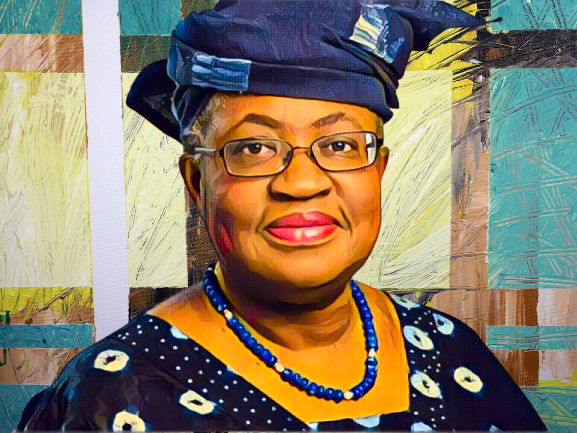KEY POINTS
- Decentralization of electricity using renewables is necessary for the adoption of AI.
- Data need protection, and frameworks are required that guarantee ethical AI use.
- The ready basis of Nigeria for AI is through investments in ICT and digital literacy.
According to Dr. Ngozi Okonjo-Iweala, Director-General of the World Trade Organization (WTO), Nigeria needs to have an electricity supply system based on a decentralized approach because that would facilitate the use of Artificial Intelligence (AI).
She also spoke on the importance of constant power supply in improving internet accessibility and upskilling citizens for AI readiness, while speaking at the 10th convocation ceremony of the African University of Science and Technology (AUST) in Abuja.
Constructing AI based on power supply
In Nigeria where unreliable electricity poses a challenge, Okonjo-Iweala said the elephant in the room is electricity and it is a big obstacle for AI adoption and internet access.
And she proposed using renewable energy to decentralize electricity production, cutting it into smaller segments scattered across the country.
“We believe that each unit of production, consumption, and learning should generate its own electricity through renewables.” For example, AUST is looking at such things as hydraulics and solar for the campus; it will cost N200 million to make it a reality, she said.
The need for AI regulation and investments
The WTO chief also said robust regulations need to determine how AI should be used and protect data sovereignty.
‘She said that reliance on foreign technology providers is a cause for concern about privacy, governance and the security of sensitive information.’
“Low scores in AI readiness indexes like the one produced by the IMF reflects the poorer preparedness of many countries, particularly Nigerias ranking of 0.34 on the IMF’s AI Preparedness Index, where strong regulatory guardrails are essential in ensuring AI functions as tool for inclusive and sustainable development and not as a source of vulnerabilities,” Okonjo Iweala said.
She also urged investments in ICT infrastructure, digital literacy, and upskilling to see to the that Nigerians cash in on AI’s transformative potential.
AI’s disruptive potential
AI is a transformative force like the arrival of electricity, that’s the ability to reshape industries, create new jobs, change the way people live and work, said Okonjo-Iweala.
According to her, the Pricewater house Coopers report stated that economic activity could increase by $15.7 trillion as a result of AI by 2030, and with significant impact for the developing nationalities, including Nigeria.
She concluded, “The potential is huge but Nigeria must react on this opportunity rather than lose out.”



